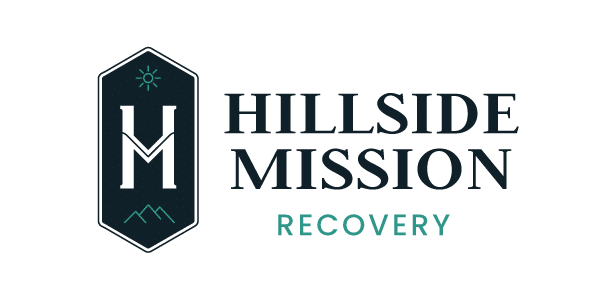At Hillside Mission Recovery, we understand that individuals battling addiction often face complex challenges. Many people struggling with substance abuse also grapple with underlying mental health issues. That’s where dual diagnosis treatment programs come into play. In this blog, we will explore the workings of a dual diagnosis treatment program, shedding light on our comprehensive approach to help those dealing with addiction and co-occurring mental health disorders.
Hillside Mission Recovery is a luxury drug rehab in Mission Viejo, California. Contact us today to learn more about our available Orange County substance abuse treatment center.
Understanding Dual Diagnosis
Dual diagnosis, sometimes referred to as co-occurring disorders, is a term used when an individual experiences both a substance use disorder and a mental health disorder simultaneously. This can be challenging as one condition can exacerbate the other, leading to a vicious cycle that’s hard to break. However, a dual diagnosis treatment program is specifically designed to address both issues concurrently.
Assessment and Evaluation
The journey towards recovery starts with a thorough assessment and evaluation. At Hillside Mission Recovery, our experienced and compassionate team of professionals conducts a comprehensive assessment to determine the specific substance abuse and mental health issues an individual is facing. This assessment is a crucial step in creating a personalized treatment plan tailored to the individual’s unique needs.
Integrated Treatment Approach
A key feature of a dual diagnosis treatment program is its integrated approach. Instead of treating addiction and mental health disorders separately, these programs recognize the interconnectedness of these issues. Here’s how it works:
- Medically Supervised Detoxification: For individuals struggling with substance abuse, the journey often begins with detoxification. Our medically supervised detox program ensures a safe and comfortable withdrawal process.
- Therapy and Counseling: Individual and group therapy sessions play a pivotal role in dual diagnosis treatment. These sessions help individuals understand the root causes of their addiction and mental health issues, while also providing valuable coping strategies.
- Pharmacotherapy: In some cases, medications may be prescribed to manage mental health symptoms and cravings associated with substance use. This is closely monitored and adjusted as needed.
- Holistic Approaches: Complementary therapies such as yoga, art therapy, and mindfulness practices are integrated into the treatment plan to address both the physical and emotional aspects of recovery.
- Education and Skill Building: Equipping individuals with the knowledge and skills to manage their conditions is a crucial aspect of dual diagnosis treatment. This empowers them to make informed decisions and maintain their recovery after leaving the program.
Support and Aftercare
Recovery doesn’t end when a dual diagnosis treatment program concludes. We provide ongoing support and aftercare services to help individuals transition back into their daily lives. This may include ongoing therapy, support groups, and access to resources that promote long-term sobriety and mental wellness.
How Hillside Mission Recovery Can Help
A dual diagnosis treatment program at Hillside Mission Recovery is a holistic and personalized approach to help individuals overcome the challenges of co-occurring substance use and mental health disorders. By addressing both issues concurrently, we aim to provide our clients with the best possible chance of achieving lasting recovery and a better quality of life. If you or someone you know is struggling with dual diagnosis disorders, reach out to us today to take the first step toward healing and hope.






